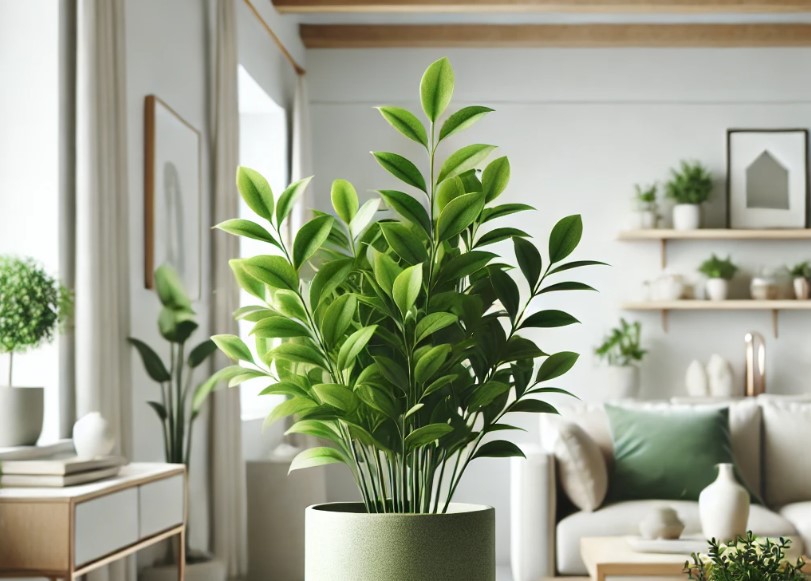
« Discover the secret to a pest-free home with this incredible plant! Say goodbye to spiders, mice, and insects effortlessly. Learn how it works now! »
Peppermint’s insect-repelling properties are well-documented, with its essential oils being used in various natural insect repellent products. The menthol in peppermint oil is effective against a wide range of insects, including ants, mosquitoes, and flies. By having peppermint plants indoors, you can reduce the presence of these pests naturally. The plant’s aroma confuses and deters insects, making it difficult for them to locate food sources or breeding grounds.
Scientific Explanation of the Plant’s Efficacy
The effectiveness of peppermint as a pest repellent is largely due to its high menthol content. Menthol is a natural compound that interferes with the sensory receptors of pests, making it difficult for them to process environmental cues. Studies have shown that menthol can disrupt the neurological pathways of insects, leading to disorientation and avoidance behavior. This scientific basis underpins the widespread use of peppermint in natural pest control strategies.
How to Care for the Plant at Home
Caring for a peppermint plant is relatively easy, making it an ideal choice for both novice and experienced gardeners. Peppermint thrives in well-drained soil and requires regular watering to keep the soil moist but not waterlogged. It prefers partial to full sunlight and can be grown indoors in pots or containers. Regular pruning helps maintain the plant’s shape and encourages bushier growth, enhancing its pest-repelling capabilities.
Ideal Placement for Maximum Effectiveness
For maximum pest-repelling effectiveness, place peppermint plants in strategic locations around your home. Consider areas where pests are most likely to enter, such as near doors, windows, and vents. Additionally, placing plants in corners and dark areas where spiders tend to congregate can help keep these pests away. By distributing peppermint plants throughout your living space, you create a natural barrier that deters a variety of pests.
Additional Benefits of Having the Plant Indoors
Beyond its pest-repelling properties, peppermint offers several additional benefits when kept indoors. Its refreshing scent can improve air quality and provide a natural aroma that invigorates the senses. Peppermint is also known for its therapeutic properties, such as reducing stress and enhancing focus. Furthermore, having greenery indoors contributes to a calming and aesthetically pleasing environment, promoting overall well-being.
Conclusion: A Natural Solution for a Pest-Free Home
Incorporating peppermint plants into your home is a simple yet effective way to achieve natural pest control. With its ability to repel spiders, mice, and a variety of insects, peppermint provides a safe and eco-friendly alternative to chemical solutions. By caring for this versatile plant and strategically placing it around your home, you can enjoy a pest-free environment while reaping the additional benefits of improved air quality and a soothing atmosphere. Embrace the power of nature and let peppermint transform your living space into a sanctuary free from unwanted pests.
continued on next page
